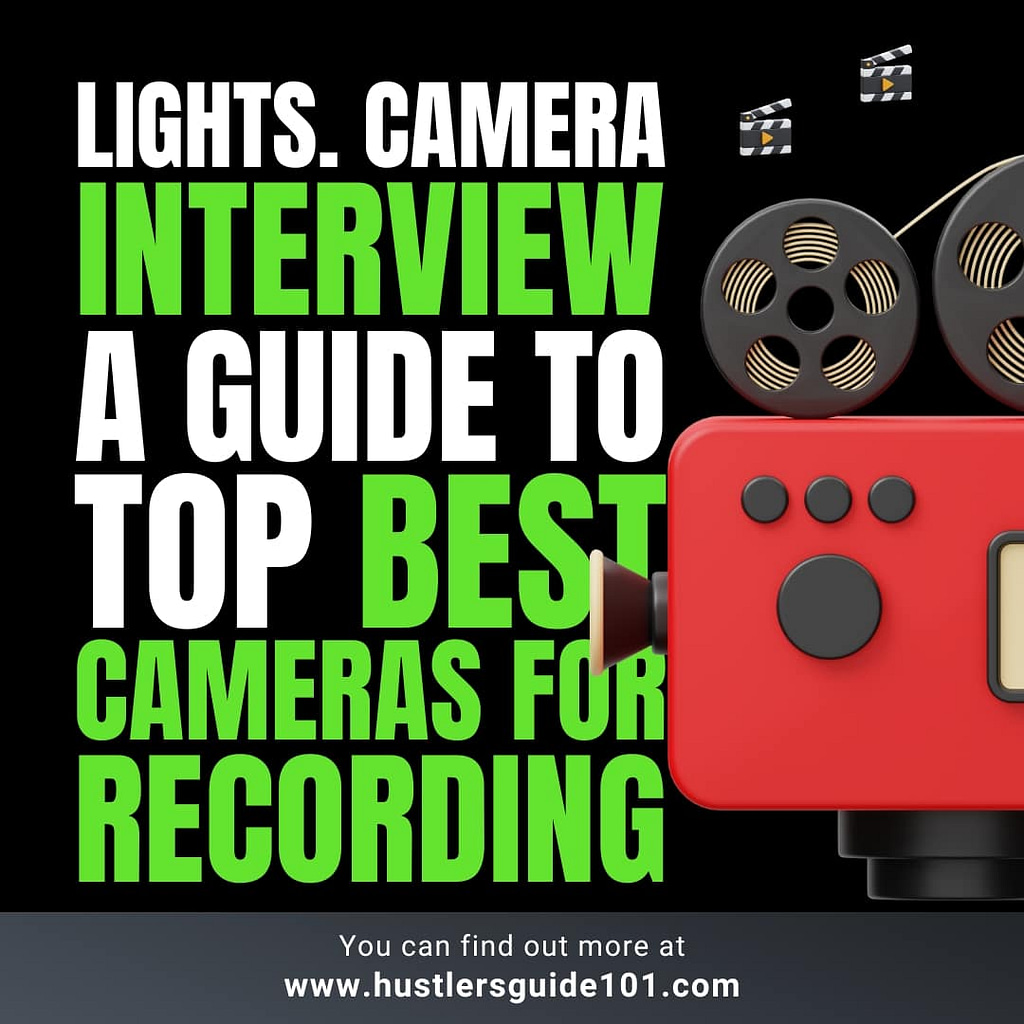
Are you tired of grainy, blurry interview footage that looks like it was shot with a potato? Yeah, we’ve all been there. Whether you’re a journalist, filmmaker, or content creator, nailing that perfect shot for an interview is crucial. Don’t worry, I have got your back! In this blog, we’re diving into the world of the best camera for interviews.
I will help you find the ultimate solution to capture those important moments with crystal-clear clarity and professional-grade quality. Say goodbye to mediocre interviews and hello to stunning visuals that will captivate your audience. So, let’s get started and discover the best camera for interview needs!
Best camera for interviews
| Image | Product | Features | Price |
|
Our Pick
1
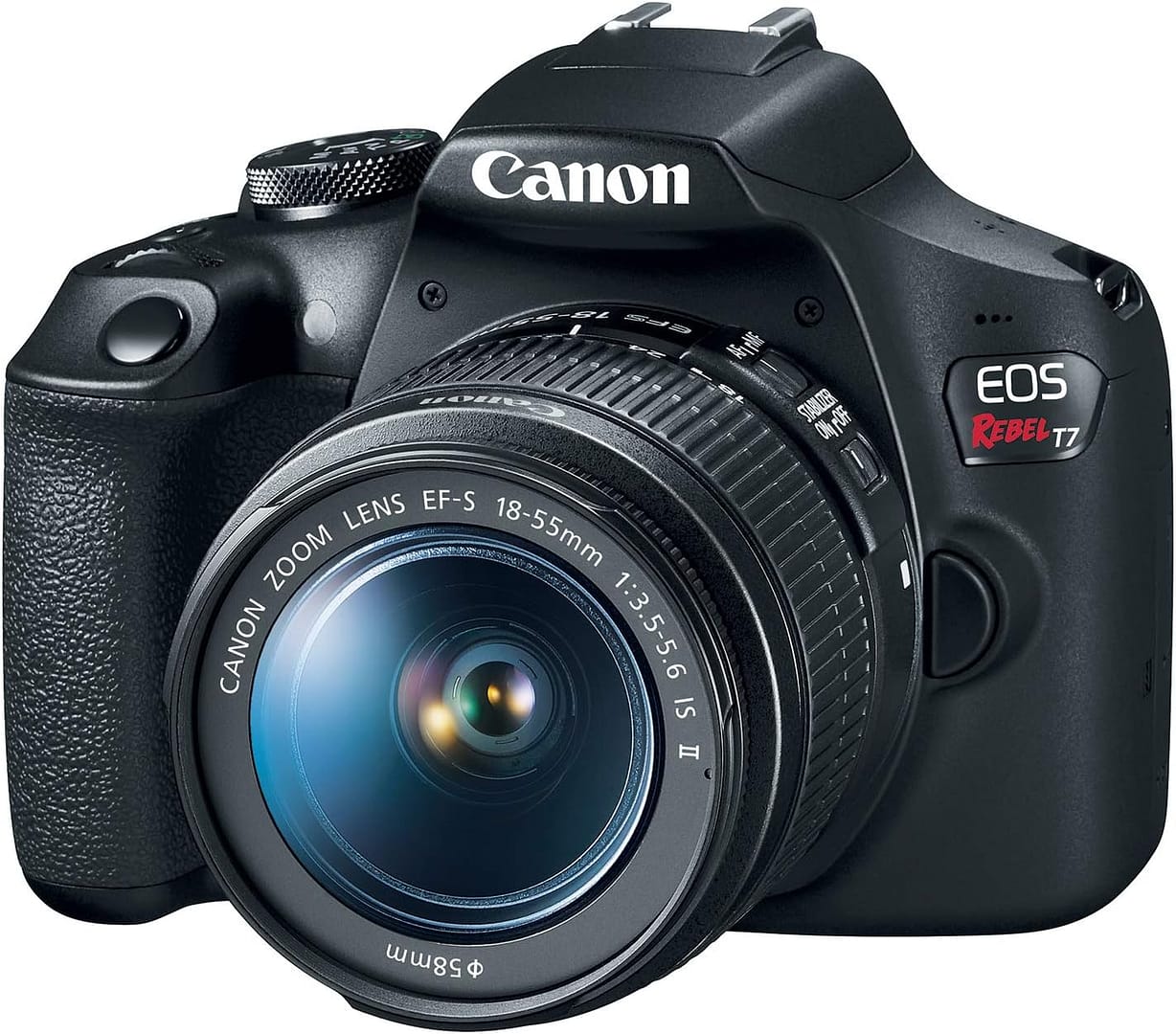 |
Canon EOS Rebel T7 |
||
|
2
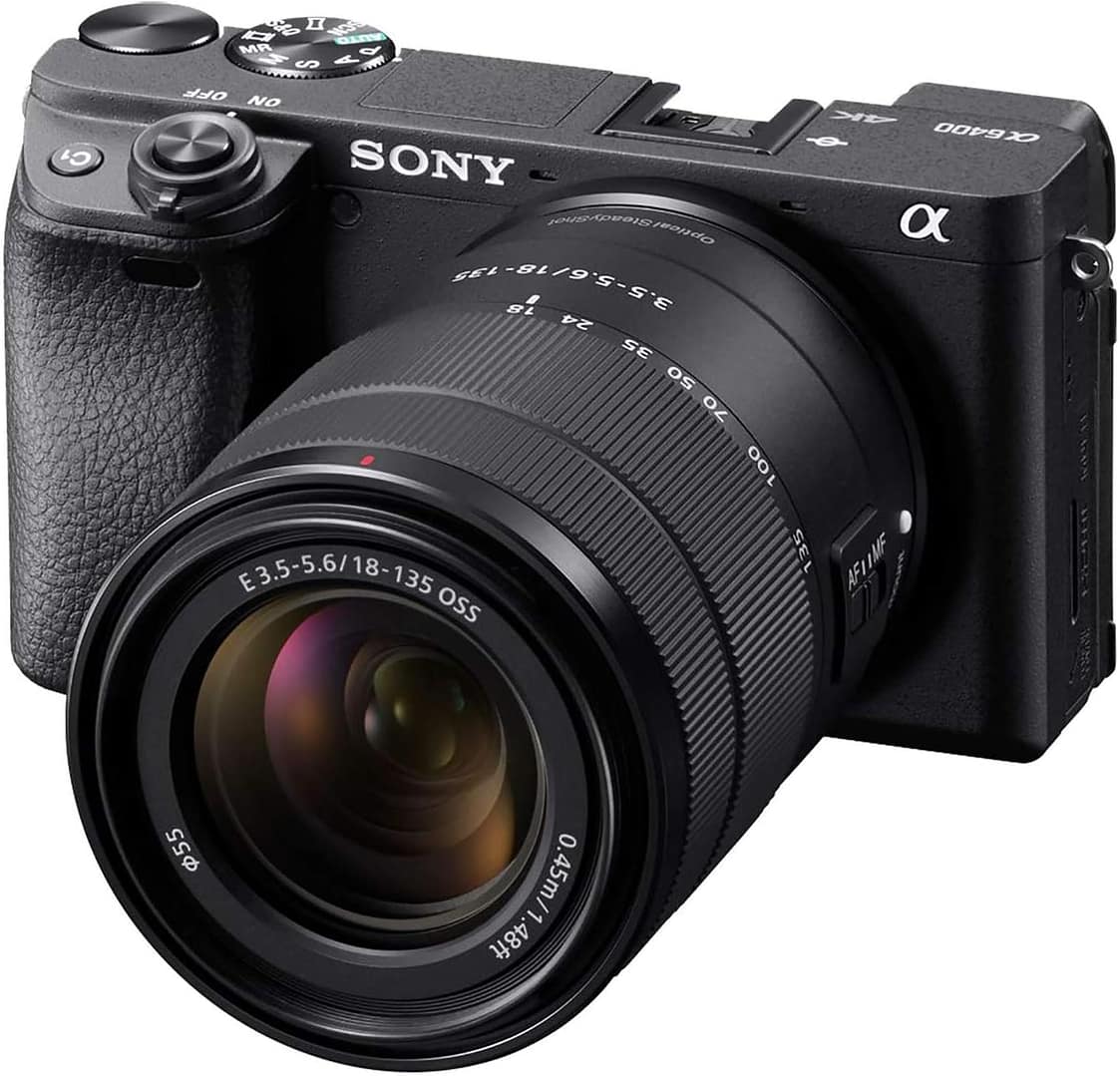 |
Sony Alpha a6400 Mirrorless Camera |
||
|
3
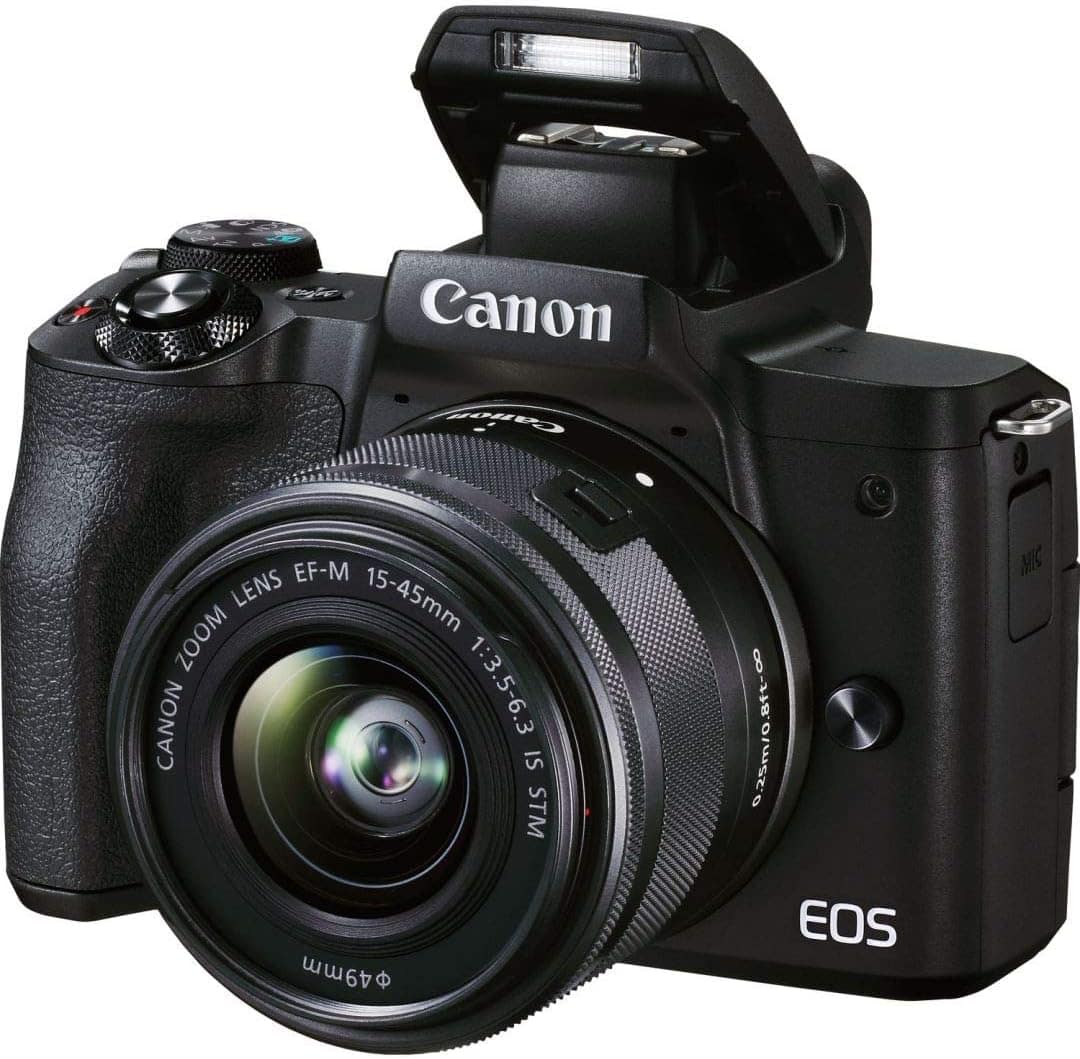 |
Canon EOS M50 Mark II |
||
|
4
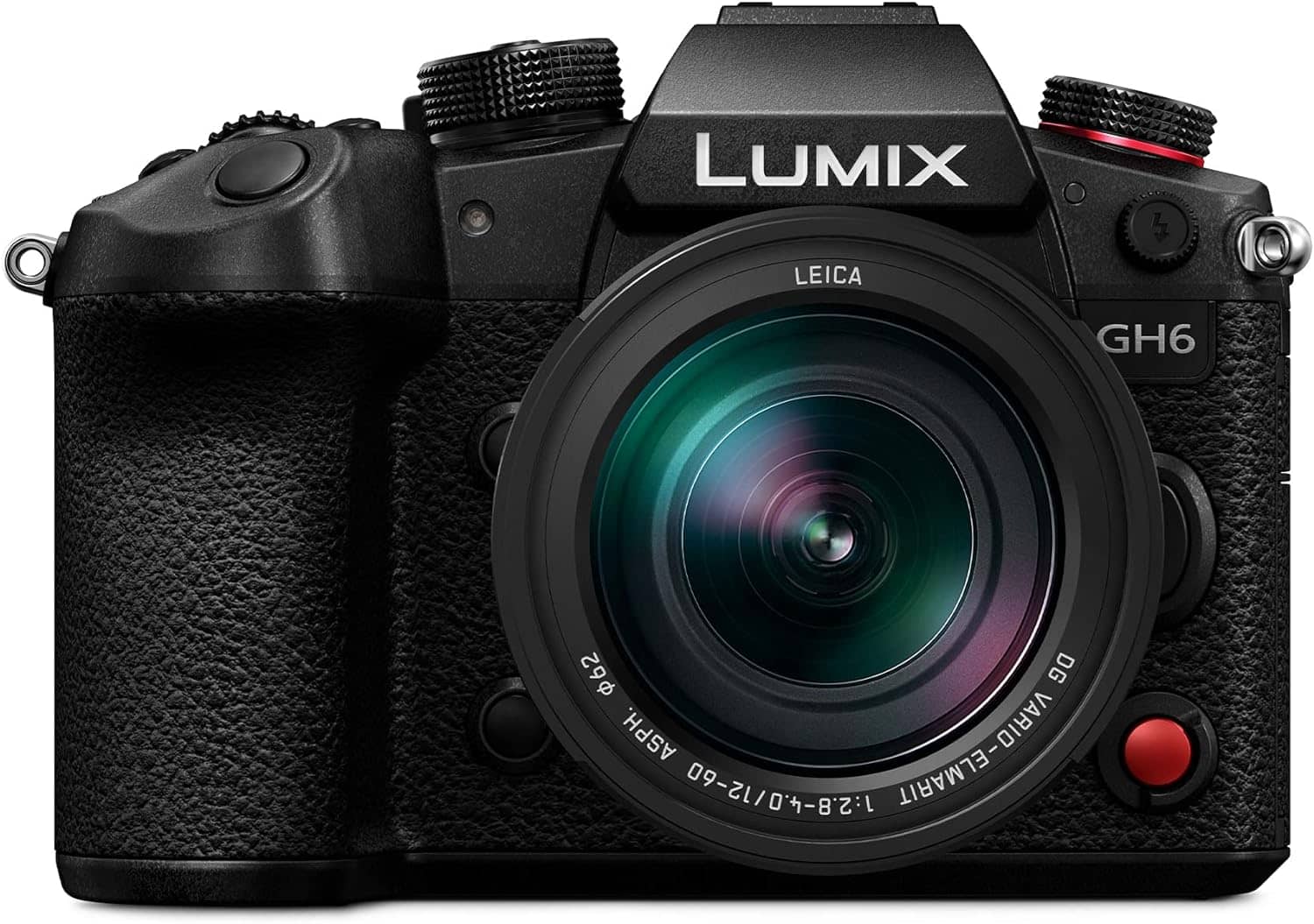 |
Panasonic LUMIX GH6 |
||
|
Top Rated
5
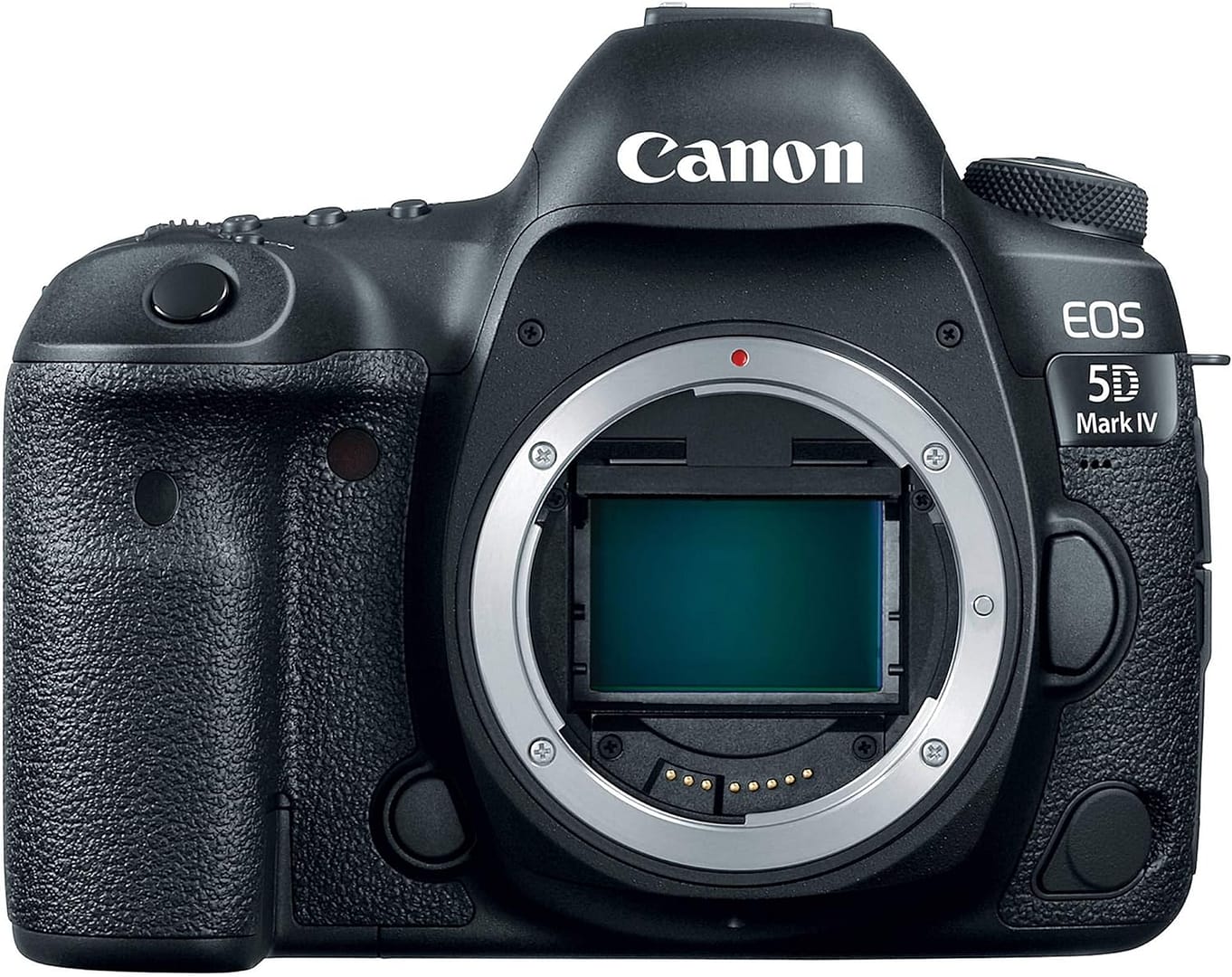 |
Canon EOS 5D Mark IV |
||
|
6
 |
Canon EOS R6 Camera |
||
|
7
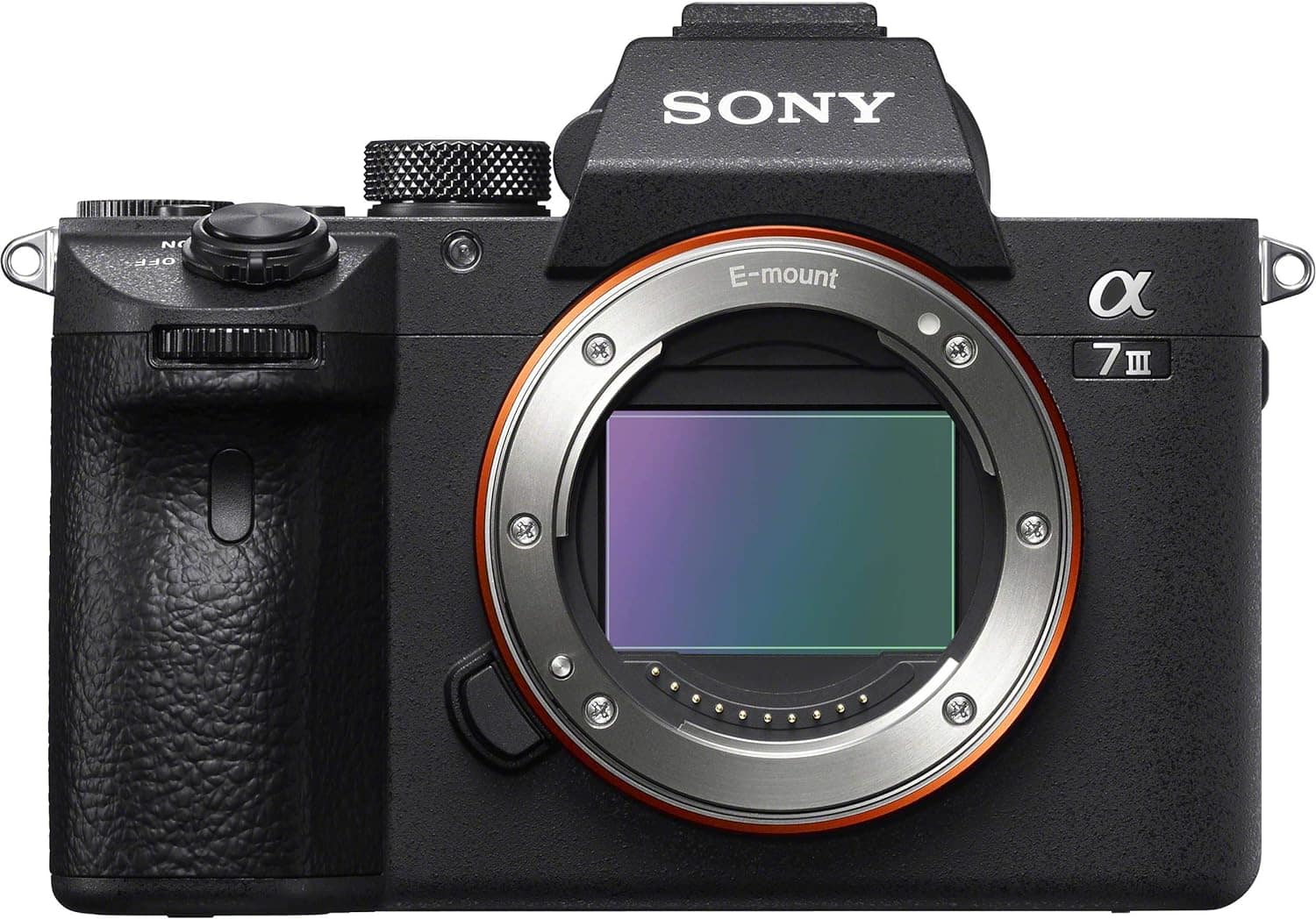 |
Sony a7 III ILCE7M3/B Camera |
||
|
8
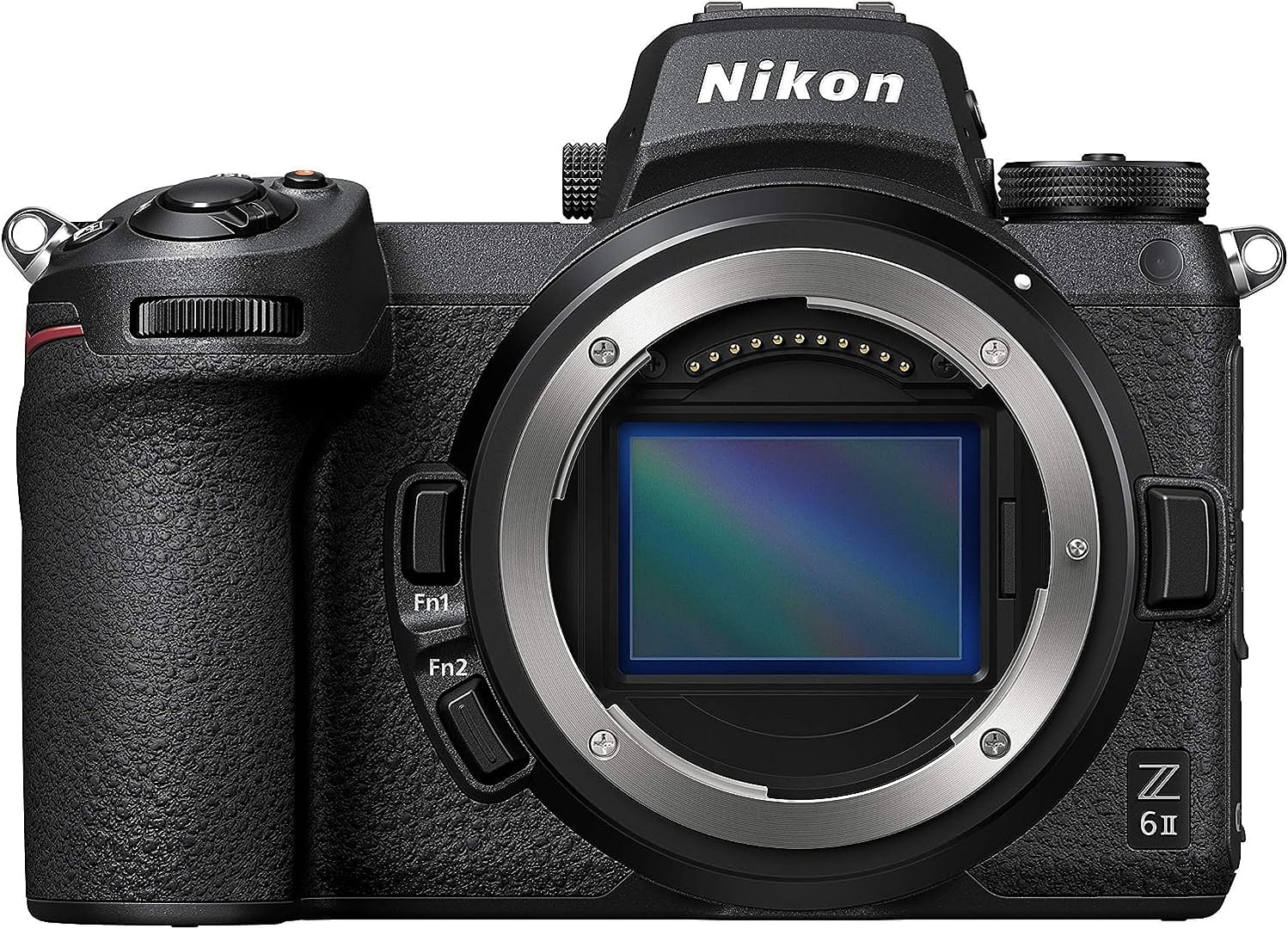 |
Nikon Z 6II FX-Format Camera |
||
|
9
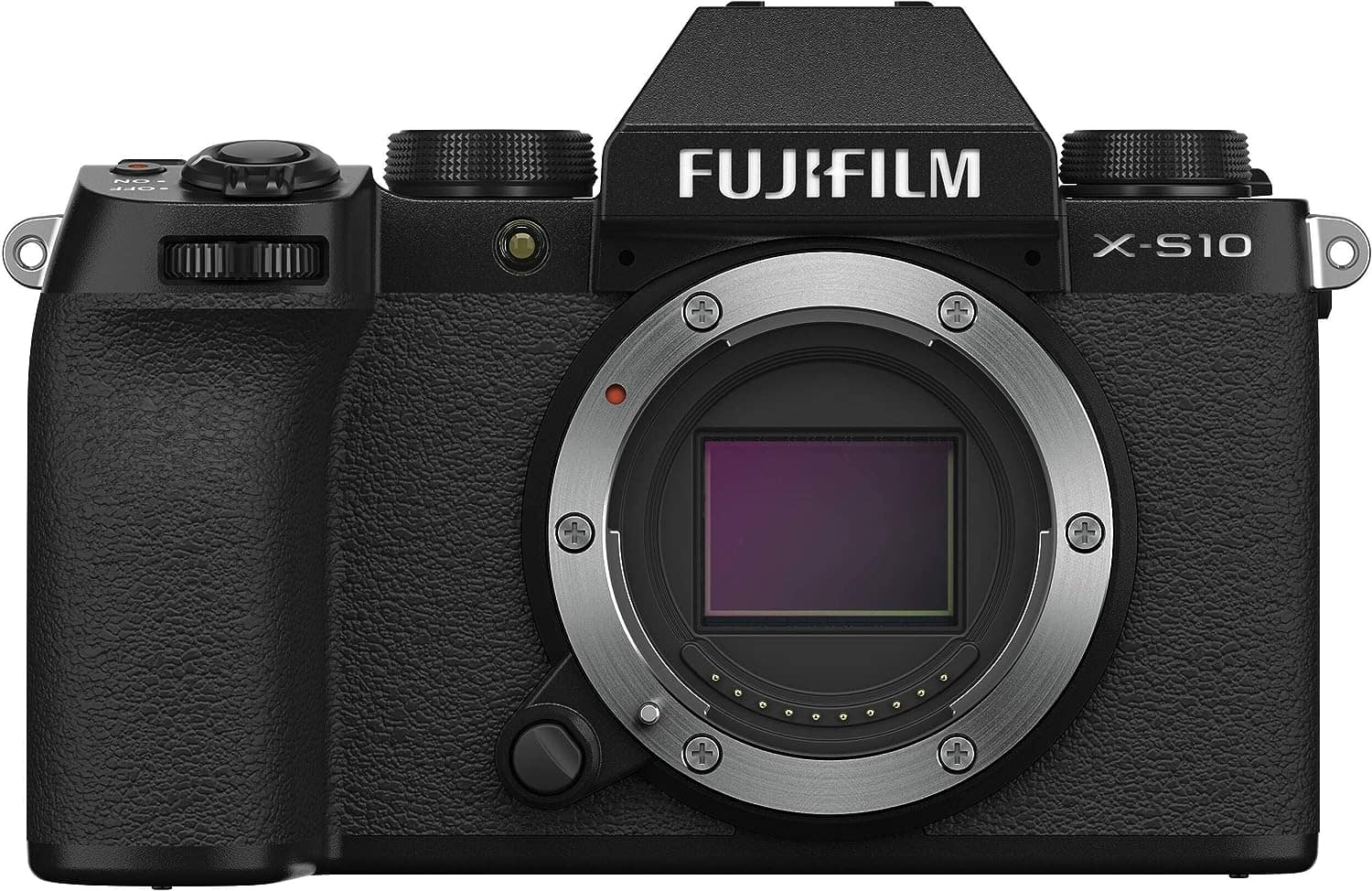 |
Fujifilm X-S10 Camera |
CANON EOS REBEL T7

Canon EOS Rebel T7 DSLR Camera with an 18-55mm Lens is a fantastic option for capturing interviews with its impressive features. The 24.1 Megapixel CMOS sensor delivers stunning image quality, ensuring every detail is captured with clarity. The camera’s wide ISO range of 100-6400 (expandable to H: 12800) allows for excellent performance in various lighting conditions.
One standout feature of the Canon EOS Rebel T7 is its built-in Wi-Fi and NFC technology. This enables seamless connectivity, allowing you to transfer your interview footage wirelessly to your smart devices for quick sharing or remote control of the camera.
The 9-Point AF system and AI Servo AF ensure fast and accurate autofocus, tracking your subjects with precision. This is particularly useful during dynamic interviews or when capturing moving subjects.
Verdict:
The Canon EOS Rebel T7 DSLR Camera with an 18-55mm Lens is an excellent choice for interviewers who value image quality, ease of sharing, and reliable autofocus. Its Wi-Fi connectivity, compatibility with webcam software, and versatile AF system make it an ideal companion for conducting professional interviews.
SONY ALPHA A6400 MIRRORLESS CAMERA

The Sony Alpha a6400 Mirrorless Camera is a compact powerhouse designed for interviewers seeking advanced features and exceptional performance. This camera boasts the world’s fastest 0.02-second autofocus (AF) with real-time AF and object tracking, ensuring you never miss a critical moment during your interviews.
With a wide array of 425 phase detection and 425 contrast detection points covering over 84% of the sensor, the enhanced subject capture capability guarantees sharp and precise focus.
When it comes to speed and accuracy, the Sony Alpha a6400 impresses with its up to 11 frames per second continuous shooting at 24.2MP. This allows you to capture fast-paced interviews with crisp, clear, and natural colors, ensuring your footage stands out.
Verdict:
While it may have a learning curve and require additional batteries, the Sony Alpha a6400 offers professional-grade performance and is an excellent investment for interviewers seeking top-notch image quality and advanced capabilities.
CANON EOS M50 MARK II

The Canon EOS M50 Mark II + EF-M 15-45mm is STM Kit Black is a versatile camera kit that combines high-resolution imaging capabilities with advanced features, making it an excellent choice for interviewers. The 24.1 megapixel APS-C CMOS sensor delivers impressive image quality, while the ISO range of 100-25600 (expandable to H: 51200) ensures excellent performance in various lighting conditions.
Powered by the Digic 8 image processor with auto lighting optimizer, the camera produces vibrant and detailed images with enhanced clarity. The improved Dual Pixel CMOS AF and Eye Detection AF, supported in both still and movie servo AF modes, provide fast and precise autofocus, ensuring your interview subjects are always in sharp focus.
The Canon EOS M50 Mark II also offers 4K UHD 24p and HD 120p for slow-motion capture, allowing you to add creative elements to your interview footage. The vari-angle touchscreen LCD is a convenient feature, perfect for vlogging and composing shots from various angles.
Verdict:
The Canon EOS M50 Mark II + EF-M 15-45mm STM Kit Black is an excellent choice for interviewers who prioritize image quality, versatile shooting options, and advanced autofocus capabilities. With its high-resolution sensor, powerful image processor, and improved autofocus technology, it excels at capturing sharp and vibrant interview footage.
PANASONIC LUMIX GH6

With a 25.2MP sensor and the Venus Engine, Panasonic LUMIX GH6 delivers higher resolution and bit rates, ensuring stunningly detailed footage. The 5.7K 60p and 4K 120p 10-bit video capabilities, without any time limit, offer flexibility in capturing interviews with smooth motion and rich colors.
One of the standout features of the GH6 is its incredible image quality and versatility. With internal recording in Apple ProRes 422 HQ and 422, the camera delivers high image quality with low compression.
The pre-installed V-Log/V-Gamut and +13-stops of dynamic range, along with Dynamic Range Boost, provide exceptional latitude for capturing highlights and shadows accurately.
The GH6 excels in stabilization, even in low light conditions, thanks to its powerful 5-axis Dual I.S. 2 system. This stabilization feature offers up to 7.5 stops of correction, ensuring steady footage during handheld interviews.
Verdict:
With its higher resolution, improved bit rates, and robust image stabilization, it sets a new standard in capturing interviews with stunning detail and stability. The camera’s advanced video capabilities, pre-installed V-Log, and impressive dynamic range give you full creative control over your interview footage.
CANON EOS 5D MARK IV

The Canon EOS 5D Mark IV is a top-of-the-line full-frame digital SLR camera that offers exceptional versatility and performance for interviewers. With a brand-new 30.4 Megapixel full-frame CMOS sensor, this camera delivers exceptional performance across different lighting situations, boasting an ISO range of 100-32000.
In terms of video capabilities, the EOS 5D Mark IV offers 4K Motion JPEG video at 30p or 24p, allowing you to achieve cinematic-quality footage. Additionally, you can capture 8.8-Megapixel still frames directly from 4K videos.
The Dual Pixel CMOS AF system of the EOS 5D Mark IV ensures responsive and smooth autofocus during video recording or live view shooting. This feature is particularly valuable for interviewers, as it guarantees a sharp focus on the subject at all times.
Verdict:
The touchscreen interface and high continuous shooting speed further enhance the shooting experience. While the camera may be heavy and come with a higher price tag, the Canon EOS 5D Mark IV is a reliable and professional-grade tool that ensures exceptional image quality and versatility for interview recordings.
CANON EOS R6 CAMERA

The Canon EOS R6 Full-Frame Mirrorless Camera with the RF24-105mm F4-7.1 STM Lens Kit is a powerful combination that offers exceptional image quality and advanced features for interviewers. The camera features a new 20 Megapixel full-frame CMOS sensor, delivering high-resolution images with impressive clarity.
With the mechanical shutter, it can capture up to 12 frames per second, ensuring you never miss a crucial moment during interviews. Additionally, the electronic (silent) shutter allows for even faster continuous shooting of up to 20 frames per second, ensuring silent operation in noise-sensitive environments.
The Dual Pixel CMOS AF system covers approximately 100% of the frame, providing precise and fast autofocus performance. With 1,053 AF areas, you can be confident that your interview subjects will remain in sharp focus.
Verdict:
The Canon EOS R6 Full-Frame Mirrorless Camera is an excellent choice for interviewers who prioritize high image quality, fast performance, and advanced autofocus capabilities. With its new sensor, powerful image processor, and versatile shooting options, it excels at capturing interviews with exceptional detail and clarity.
SONY A7 III ILCE7M3/B CAMERA

The Sony a7 III ILCE7M3/B is a highly advanced full-frame mirrorless interchangeable lens camera that offers exceptional performance for interviewers. With its 24.2MP back-illuminated full-frame image sensor and 1.8X readout speed, this camera delivers impressive image quality and fast data processing.
It boasts a wide dynamic range of 15 stops and supports 14-bit uncompressed RAW files, allowing for extensive post-processing capabilities. The ISO range of 50 to 204,800 ensures excellent low-light performance, making it suitable for various interview settings.
The a7 III provides versatile shooting options with up to 10 frames per second continuous shooting in both silent and mechanical shutter modes, ensuring you can capture fast-paced interview moments with ease.
Verdict:
With its impressive image sensor, wide dynamic range, and fast data processing, it delivers stunning results in various lighting conditions. The high-speed continuous shooting and extensive autofocus system ensure precise and accurate focus tracking during interviews.
NIKON Z 6II FX-FORMAT CAMERA

The Nikon Z 6II FX-Format Mirrorless Camera Body is a powerhouse when it comes to interview photography and videography. With its 24.5MP BSI resolution, this camera excels in low-light conditions, ensuring you can capture stunning images even in challenging environments.
When it comes to video performance, the Z 6II shines with its 4K UHD capabilities. It offers full pixel readout, ensuring exceptional video quality, and supports 4K UHD 60p recording for smooth and detailed footage.
The Z 6II is designed with convenience and durability in mind. It features dual card slots, allowing you to use CFexpress/XQD and UHS-II SD cards simultaneously. This provides flexibility and peace of mind, especially during important moments like weddings or events.
Verdict:
While additional accessories may be required for vertical shooting and the lens selection is more limited compared to other systems, the Z 6II remains a top-notch camera that delivers impressive results for interview-based content creation.
FUJIFILM X-S10 CAMERA

With a 180° vari-angle LCD touchscreen and up to 20fps uncropped continuous shooting, the Fujifilm X-S10 Camera allows you to capture any photo opportunity with ease and unleash Fujifilm’s acclaimed color science.
While the X-S10 boasts a simple and minimalist exterior, it houses Fujifilm’s renowned image-making technology. The 26.1-megapixel back-side illuminated sensor offers a wide dynamic range and exceptional image quality.
To ensure stability in your shots, the X-S10 features a five-axis in-body image stabilization (IBIS) system. This allows you to go handheld and capture the action without worrying about camera shake. With up to five stops of image stabilization, your photos will be sharp and your videos steady, regardless of the shooting conditions.
Verdict:
With its compact size and powerful features, it is a versatile tool for both photography and videography, offering stability, exceptional image quality, and a range of creative options through its Film Simulation modes.
Buying Guide: Best camera for interviews
Remember, the “best” camera for interviews ultimately depends on your specific needs and preferences. By considering factors like image quality, autofocus, audio capabilities, portability, and user reviews, you’ll be well-equipped to find the perfect camera that suits you!
Consider your needs:
Think about the type of interviews you’ll be conducting. Will you be shooting indoors or outdoors? Will you need to handle low-light situations? Understanding your specific requirements will help you choose a camera with the right features.
Image quality matters
Look for a camera that delivers excellent image quality. Pay attention to resolution, sensor size, and dynamic range. Higher resolution and larger sensors generally produce better results, especially in low-light conditions.
Opt for interchangeable lenses
Having the flexibility to switch lenses gives you more creative control over your shots. Look for cameras with interchangeable lens systems, such as DSLRs or mirrorless cameras, so you can adapt to different interview scenarios.
Focus on autofocus
Fast and accurate autofocus is crucial for capturing sharp interview footage. Look for cameras with advanced autofocus systems that can track subjects effectively and provide reliable results.
Consider audio capabilities
Good sound quality is as important as good video quality in interviews. Ensure the camera has a built-in microphone or an external microphone input for capturing clear and professional audio.
Check for stabilization
Handheld interviews can result in shaky footage. Look for cameras with built-in image stabilization or consider using a stabilizing rig or tripod to ensure steady shots.
Size and portability
Consider the size and weight of the camera, especially if you’ll be conducting interviews on the go. Compact and lightweight options are easier to handle and transport.
Battery life
Interviews can be time-consuming, so having a camera with long battery life is essential. Look for cameras that offer extended shooting time or consider purchasing extra batteries.
Hot FAQs: Best camera for interviews
Do camera quality matter for an interview?
Absolutely! Camera quality plays a crucial role in interviews as it directly impacts the visual appeal and professionalism of your content. A high-quality camera ensures sharp images, accurate colors, and better low-light performance, enhancing the overall viewing experience for your audience and establishing credibility.
What lens size is best for interviews?
For interviews, a versatile lens with a focal length range of around 24-70mm is generally preferred. This range allows you to capture a variety of shots, from wide angles to medium close-ups, without needing to switch lenses frequently. It offers flexibility in framing your subject and maintaining a natural perspective, making it a popular choice for interview settings.
Is a professional camera better than a phone camera?
While phone cameras have come a long way in terms of quality, a professional camera still offers distinct advantages for interviews. Professional cameras typically have larger sensors, superior image processing capabilities, interchangeable lenses, and better low-light performance.
These features contribute to the higher image and video quality, greater control over depth of field, and enhanced creative possibilities, making them a preferred choice for professionals seeking professional-grade results in their interview productions.
What is the best shutter speed for interviews?
The best shutter speed for interviews depends on the specific circumstances and desired effect. As a general guideline, using a shutter speed that is double the frame rate (e.g., 1/50 for 25fps) helps achieve a natural and smooth motion blur.
However, adjusting the shutter speed can be useful in different scenarios. Slower shutter speeds can create a sense of motion and fluidity, while faster speeds can capture crisp and sharp images. Experimenting with different shutter speeds will allow you to find the ideal setting that suits your desired aesthetic and lighting conditions.
What is the best way to video an interview?
The best way to video an interview is to ensure proper planning and preparation. Start by selecting a suitable location with good lighting and minimal background noise. Set up your camera on a stable tripod at eye level, framing the subject appropriately.
Use a high-quality microphone for clear audio capture. Conduct a test recording to check lighting, audio levels, and composition. During the interview, maintain good eye contact with the subject and ask open-ended questions to elicit meaningful responses. Finally, focus on capturing genuine emotions and reactions to create a compelling and engaging interview video.
Also read: 5 Best laptops for multiple monitors [Reviewed – 2023]
Also read: 10 Best Laptops for Teletherapy and Telehealth in 2023
Wrapping up: Best camera for interviews
And that’s a wrap! We’ve explored the top contenders for the best camera for interviews, giving you the power to elevate your storytelling game. Whether you’re in a studio, on location, or conducting remote interviews, we’ve provided the tools you need to capture compelling footage.
Remember, investing in the right camera is an investment in the impact of your interviews. So go ahead, seize those captivating moments, and leave a lasting impression on your audience.
Related
Best router for apartment in 2023 [Top 7 choices + Buying Guide]
7 Best Mouse for Programming & Coding in 2023



